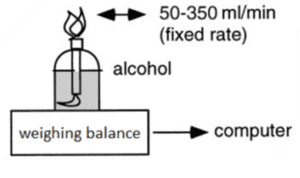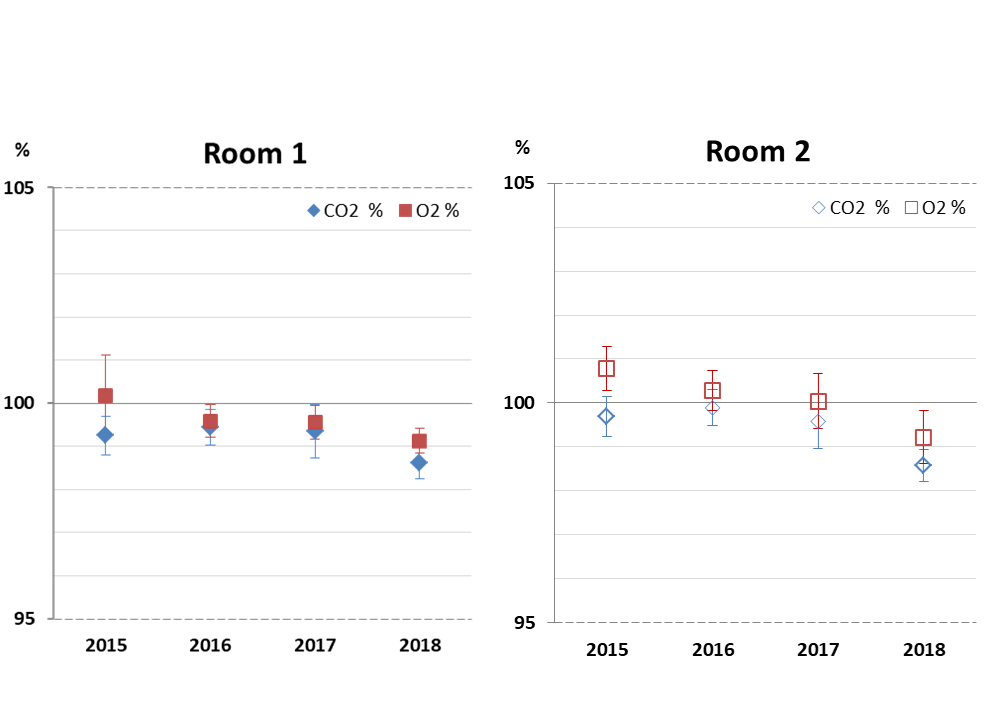Offering high precision and reliability, the Whole Body Calorimeter System delivered by Maastricht Instruments BV is the choice system by advanced metabolic research facilities in Europe and Asia.
This article features the findings of in-house validation tests conducted on two whole body calorimeters that were recorded over three years at the Clinical Nutrition Research Centre (CNRC) — a joint initiative by the Singapore Institute for Clinical Sciences (SICS) and the National University Health System (NUHS), specializing in human nutritional research in Singapore.
Validation tests

Validation of two whole body room calorimeters (Maastricht Instruments BV) at CNRC was carried out periodically over three years (Jan 2015 to Apr 2018) to ensure correct performance of the system. All validation tests were performed with the alcohol combustion technique, currently the most common and well-accepted method.
Using this technique, a known amount of methanol is combusted in the presence of oxygen (O2 ) to yield carbon dioxide (CO2) and water. Expected values of O2 consumed and CO2 produced is determined from the change in weight of the methanol used for combustion. This is compared to the actual values measured by the room calorimeter, ie
[(Expected CO2 produced – Measured CO2 produced) *100%]
Results
Both whole body room calorimeters demonstrated superior accuracy over three years, with an annual average of <1% deviation and <1.5% deviation between the expected vs measured O2 and CO2 respectively. In addition, low variation/spread between measurements (<0.7% standard deviation), proved that the system has high reliability and repeatability.

Conclusion
Results from the validation tests at CNRC showed supreme performance of the whole body room calorimeters over time – up to over three years, which exceeds most observational studies. Obtaining correct measurements ensures that all of the individually calibrated components, such as the gas analyzers, flow meters, temperature, and barometric pressure sensors produce correct simulated metabolic results.
The whole room indirect calorimeters have been supporting ground breaking research on human metabolism and energy expenditure. View a list of research publications here.
Contact us to find out more about whole body room calorimeters and our instruments.
